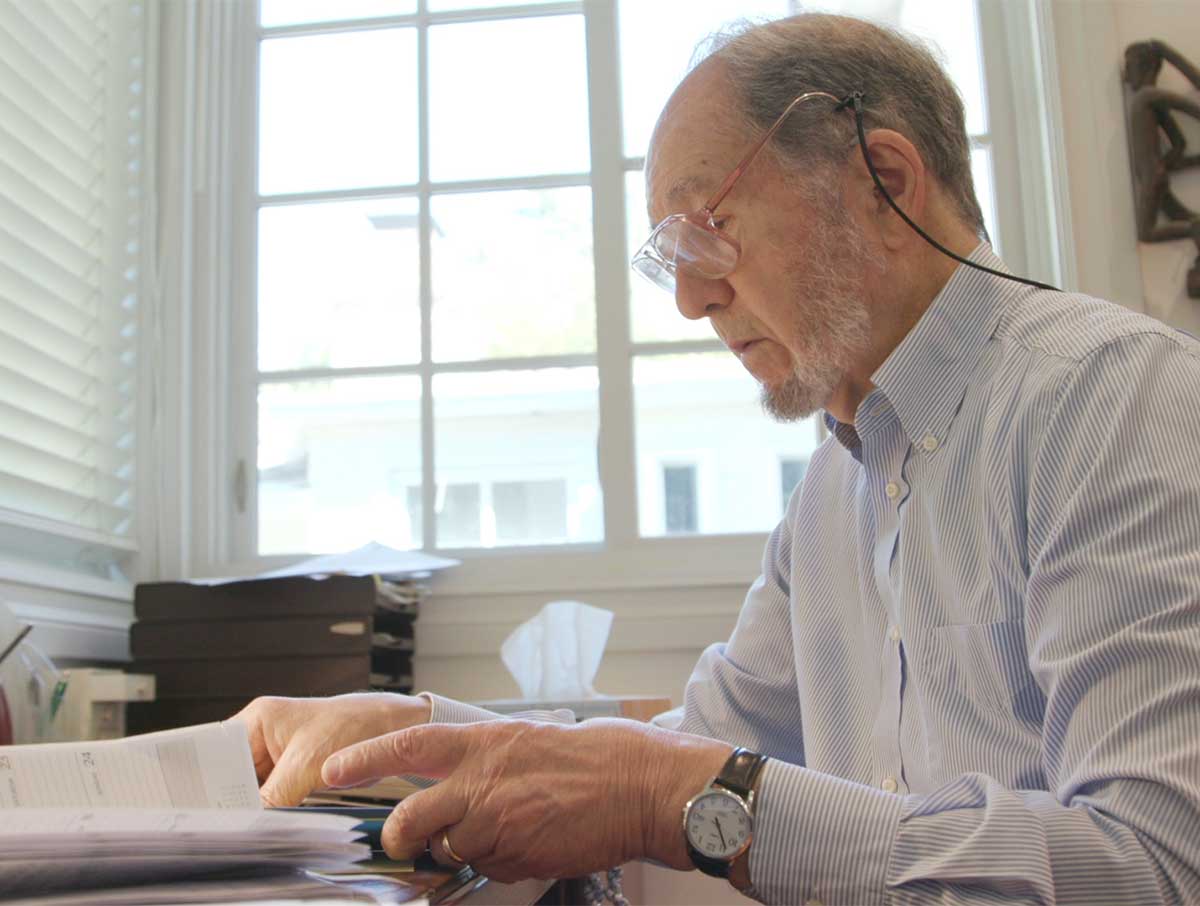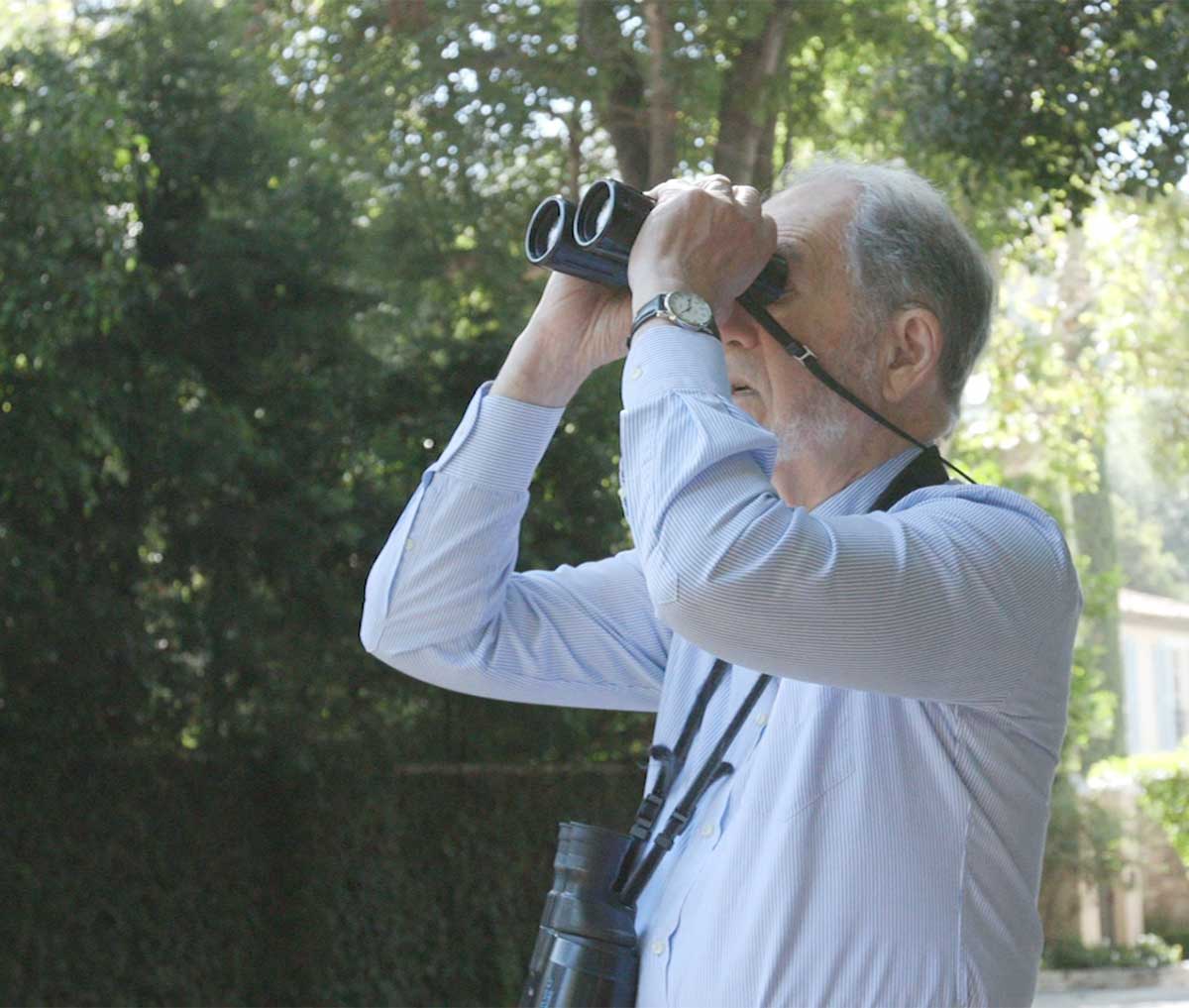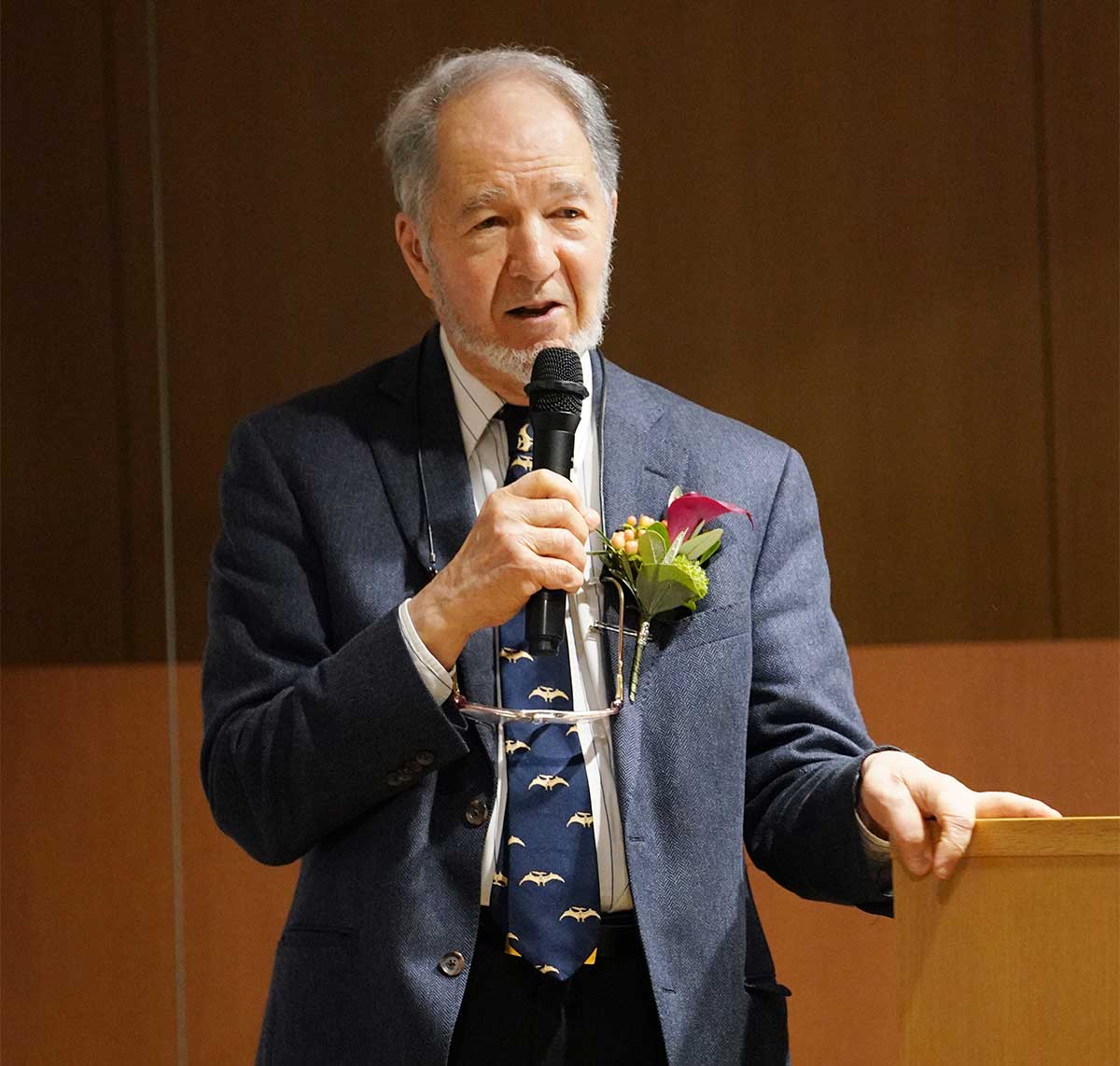4. Future civilization that we should aim for
What we can learn from history
As Prof. Diamond pointed out in Collapse, current civilizations also face a wide range of environmental problems that have become increasingly serious such as deforestation, climate change, and water pollution. What should we do to avoid following the same path of destruction of past civilizations that failed?
Prof. Diamond is ever curious. He says that his interest never stops. At the age of 82, he is still healthy and active. In May 2019, he published his latest book Upheaval: Turning Points for Nations in Crisis, in which he uses comparisons between national and individual crises to tell us how we should face crises. He continues his study of birds, teaches at a college, practices piano, and studies foreign languages.









